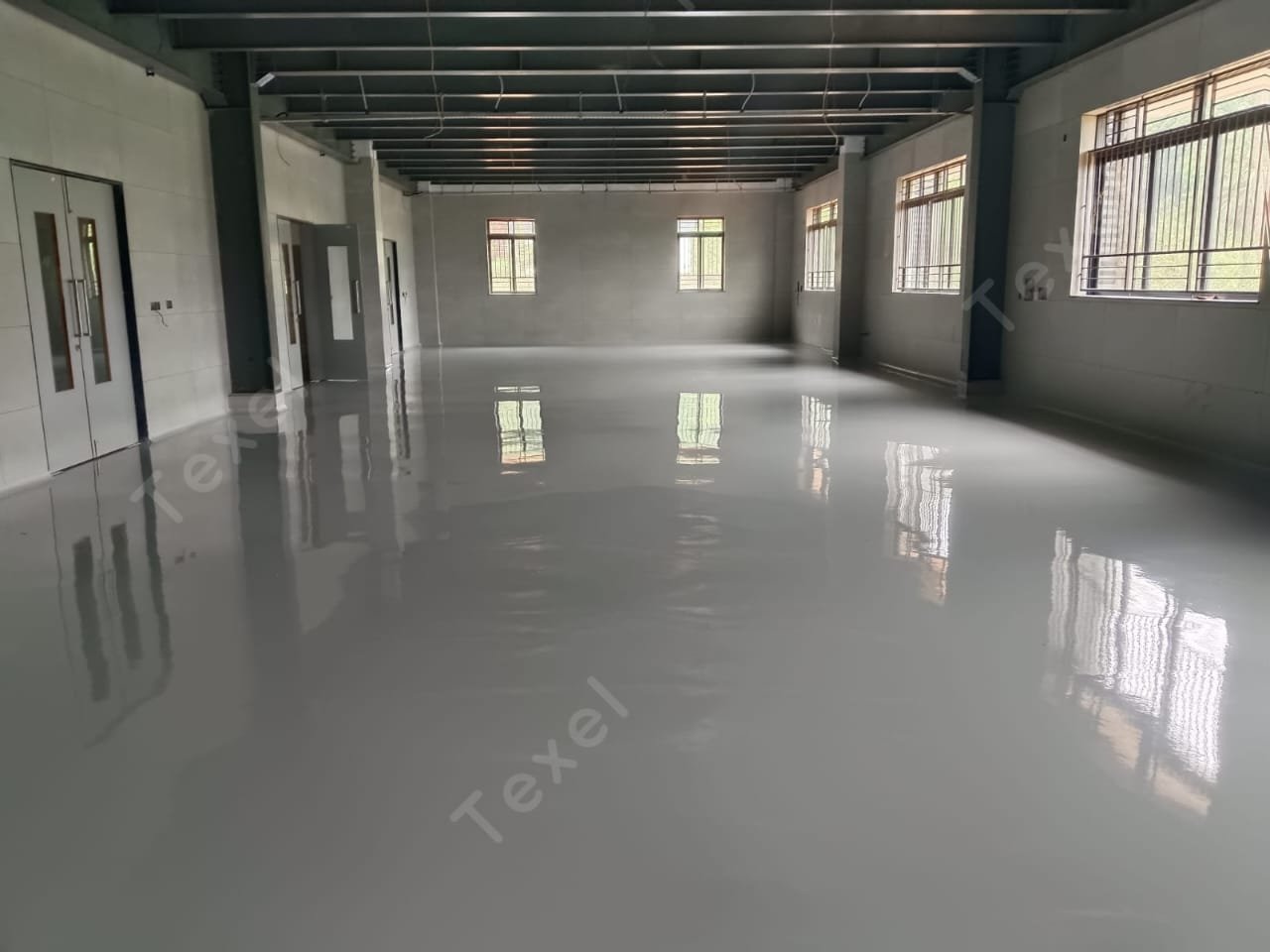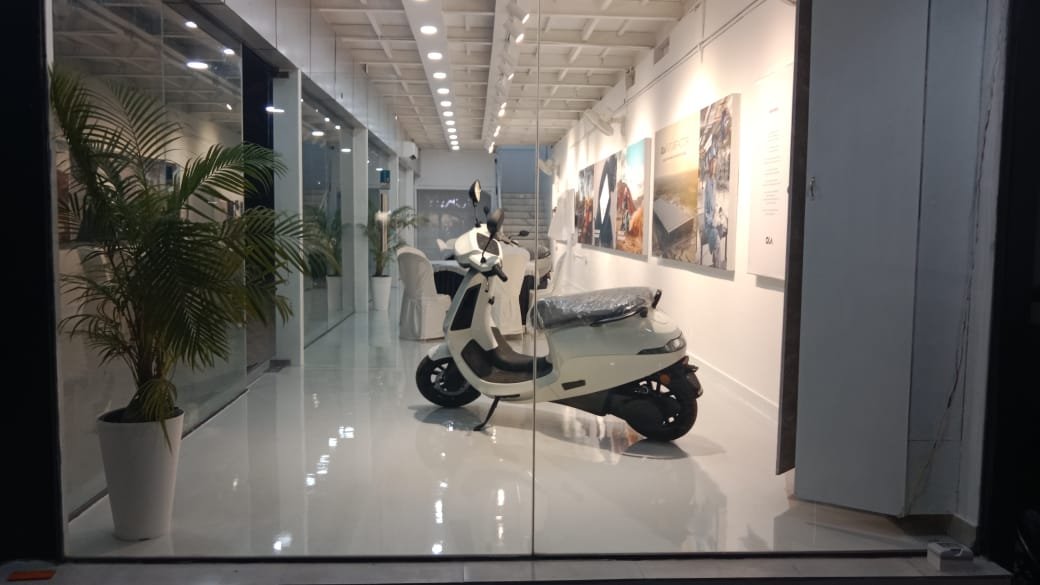WHERE EPOXY FLOORING IS USED ?
WHERE
EPOXY FLOORING IS USED ?
INTRODUCTION
Epoxy flooring is a type of durable and seamless floor coating made from a
combination of epoxy resin and a hardening agent. When these two components are
mixed, a chemical reaction occurs, forming a rigid plastic material that bonds
strongly to the surface beneath it. Epoxy floor coating is versatile and used
across various industries and environments due to its durability, chemical
resistance, and aesthetic appeal.
AREAS WHERE EPOXY FLOORING IS NEED TO BE INSTALLED?
Epoxy
flooring is essential in areas that require durability, hygiene, chemical
resistance, and aesthetic appeal. Here is a breakdown of areas where it is most
commonly needed:
1. Industrial Areas
- Factories and Manufacturing
Plants:
For durability under heavy machinery, tools, and equipment.
- Warehouses: Withstand forklifts,
pallets, and high foot traffic.
- Chemical Plants: Resist spills, corrosion,
and damage from harsh chemicals.
2. Healthcare Facilities
- Hospitals and Clinics: Seamless and easy-to-clean
surfaces prevent contamination.
- Pharmaceutical Labs: Ensure sterile conditions
and withstand chemical exposure.
3. Food and Beverage Industry
- Commercial Kitchens: Non-porous and hygienic
flooring that is resistant to food stains and spills.
- Food Processing Plants: Meet regulatory
requirements for cleanliness and safety.
4. Technology and Electronics
- Data Centers: Anti-static epoxy prevents
damage to sensitive equipment.
- Software Industry Offices: Anti-static flooring
protects hardware and reduces electrostatic discharge risks.
5. Commercial Spaces
- Retail Stores: For durability and
aesthetic appeal, particularly in high-traffic areas.
- Showrooms: Glossy finishes enhance
visual appeal.
- Offices: Modern and
easy-to-maintain flooring.
6. Residential Areas
- Garages: Oil and stain resistance,
and durability for vehicle wear.
- Basements: Moisture-resistant,
preventing mold and mildew.
- Living Rooms: Decorative epoxy adds
style to interiors.
7. Public and Institutional Buildings
- Airports and Train Stations: Durable, slip-resistant,
and easy to clean.
- Schools and Universities: Cost-effective and
long-lasting flooring for classrooms and hallways.
·
Libraries and Museums: Provide a polished look while being durable.
8. Recreational and Sports Facilities
- Gyms: Shock-resistant and
anti-slip for safety.
- Stadiums: High durability for heavy
foot traffic.
9. Automotive and Aerospace
- Car Dealerships: Attractive and glossy
finish for displaying vehicles.
- Airplane Hangars: Handles the weight of
aircraft and resists fuel or oil spills.
10. Hazard-Prone Areas
- Laboratories: Chemical and
stain-resistant, ensuring a sterile environment.
- Clean Rooms: Seamless flooring to
prevent dust and contamination.
CONCLUSION
Epoxy
floor coat is a versatile and essential solution across various sectors,
addressing both functional and aesthetic needs. Its durability, chemical
resistance, and hygienic properties make it indispensable for industries like
manufacturing, healthcare, food processing, and technology. In commercial
spaces, it enhances visual appeal and withstands heavy traffic, while in
residential settings, it offers practicality and style.
Related Posts
Leave a Reply Cancel reply
You must be logged in to post a comment.




